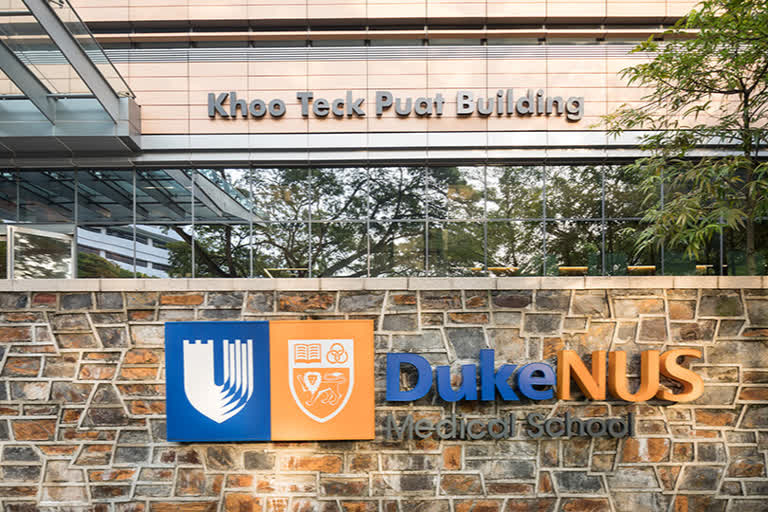Hyderabad: As the coronavirus continues to creep across the globe, Duke-NUS Medical School of Singapore has come up with a COVID-19 test kit that takes just an hour, instead of the usual several days, to detect if someone has been infected before.
The first of its kind in the world, the kit can be used not only to tell if people have ever been infected by the virus but also if they have developed a protective immune response.
It is available to hospitals here and is the first of its kind to single out specific antibodies - the weapon the human body harnesses against infection - that neutralise the coronavirus and prevent it from infecting a patient's cells, said the researchers.
When someone is infected with the virus, the body produces hundreds, if not thousands, of different antibodies, which bind with the virus and are known as binding antibodies.
However, not all of them can neutralise the virus. This is the role of neutralising antibodies.
The advantages of the new test over others being used currently are that it is fast, can single out such antibodies and can be used in regular research or hospital settings rather than needing specialised expertise and equipment.
Read: 'Substantial investment needed to prevent mental health crisis'
Other COVID-19 tests for such antibodies require the use of a live virus, cells, highly skilled operators, and complex laboratory procedures that are generally less sensitive and require several days to obtain results.
cPass was invented by a team led by Professor Wang Linfa, director of Duke-NUS' emerging infectious diseases programme. The team also carried out assay development and testing in Singapore.
Dr Zhu Li, Chief Strategy Officer of GenScript said that the serological detection system developed by Professor Wang is unique, innovative and has many advantages, such as high sensitivity and specificity, and applicability to all antibody isotypes.
“The test results will be of great help to governments in guiding the resumption of work since it is extremely useful for quick and reliable surveillance to determine how widely a population has gained immunity to SARS-CoV-2 virus," he said.
Read: Local epidemiology should guide focussed action in 'new normal' COVID-19 world: WHO
Prof Linfa said, "The cPass developed by our team can be used for contact tracing, reservoir or intermediate animal tracking, assessment of herd immunity, the longevity of protective immunity and efficacy of different vaccine candidates.
"It does not require a biosafety containment facility, which makes it immediately accessible to the global community, including many developing nations," he stated.
It is pertinent to mention here that currently, DxD Hub is producing a pilot batch for use in Singapore hospitals. There are plans for this know-how to be transferred to local biotech companies for scaled-up production.
Also Read: Water, Sanitation, and Hygiene: World leaders call for Action on COVID-19



